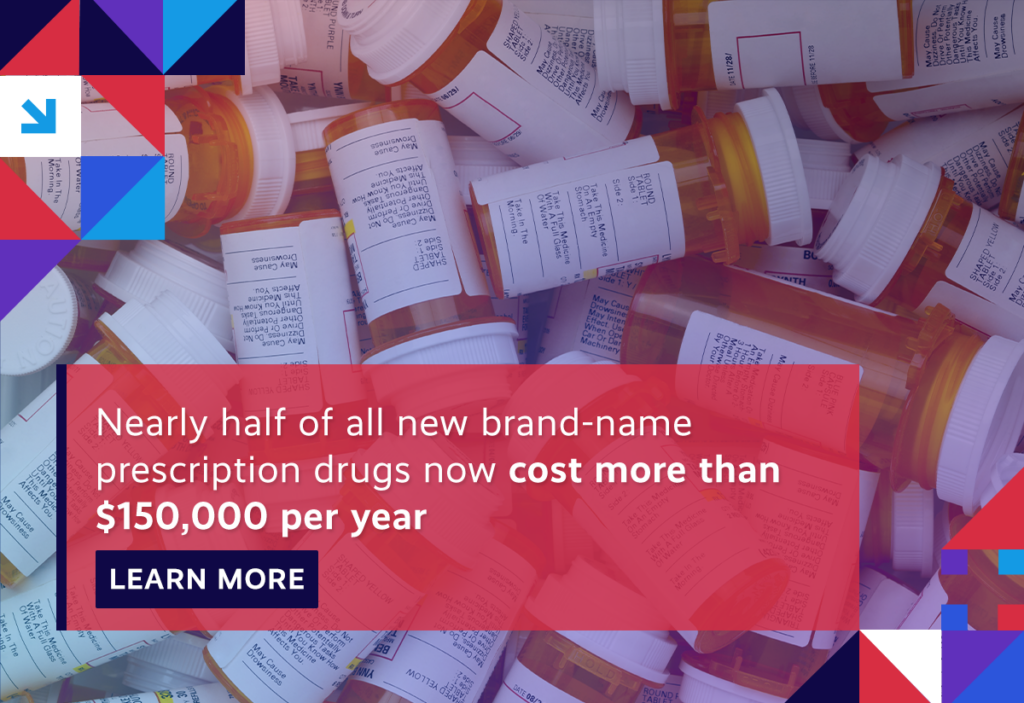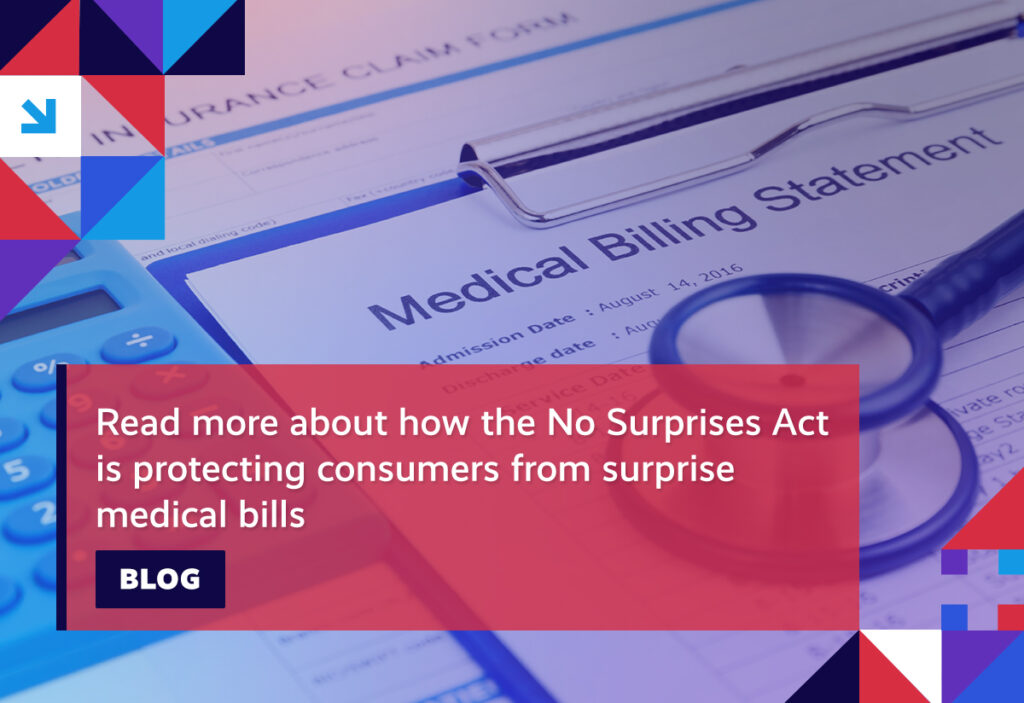The majority of hospitals fail to comply with price transparency rules; new prescription drugs come with increasingly higher price tags; the No Surprises Act has already prevented millions of surprise medical bills; and, private equity interests continue to exact a heavy toll on our healthcare system.
We encourage you to stay involved as implementation efforts surrounding healthcare reform progress. Visit the Health Action Network and be sure to let us know what’s on your mind.
Item of the Week

Week in Review
Price Transparency: Hospital price transparency regulations, which went into effect at the beginning of 2021, were established to give consumers some insight into what medical services might cost and, presumably, enhance their ability to make better-informed decisions regarding their care and bringing better value to the system. A new study set out to gauge hospitals’ level of compliance with the rules in the months following implementation; the results showed a systemic resistance on the part of these health systems to making these prices available to consumers as required. In fact, six months after the regulations went into effect last year, only six percent of facilities were found to be in compliance. The research, published last week in JAMA, has only furthered health economists’ concern regarding hospital mergers – specifically, that these conglomerations not only raise costs and lower quality, but that hospitals in increasingly concentrated markets are less inclined to be transparent about their prices. And, those concerns seem to be well-founded, with this week’s announcement that one of the largest hospital systems in Georgia, Atlanta-based Northside Hospital, was to be the first health system in the country to be fined for violating the hospital transparency rules, with penalties for two of its facilities totaling more than $1 million.
Rx Prices: According to new research, between 2008 and 2021, launch prices for new prescription drugs increased by 20 percent per year. And, just last year, those prices rose 11 percent from the year prior. In contrast, overall health spending averages around a five percent annual increase. To ground those numbers in real world figures, the median launch price of a new drug in the U.S. soared from $2,115 in 2008 to over $150,000 in 2021. Put another way, these skyrocketing prices drove up healthcare spending by more than half a trillion dollars in 2020. To add further context, earlier this year, pharmaceutical manufacturers raised the prices on hundreds of existing medicines, with most increases averaging five to six percent. All of this is to say that, despite their efforts to place blame on others, drugmakers are ultimately the ones who need to answer for the unsustainable trajectory of rising drug prices.

Surprise Medical Billing: A recent survey highlighted the immediate impact that the No Surprises Act has already had on the lives of millions of consumers across the country. Released jointly by AHIP and the Blue Cross Blue Shield Association last month, the analysis found that more than 2 million surprise medical bills were prevented to start the year. The data goes on to project that more than 12 million of these surprise medical bills will be avoided by the end of 2022 – so long as opponents of the new law aren’t successful in undermining the critical consumer protections it includes.

Private Equity: As has been covered in this newsletter, private equity interests continue to drastically reshape the contours of healthcare delivery in this country. At issue, the operating business model driving these interests – namely, the incentivization of short-term profits largely at the expense of all other considerations, which would be problematic in most industries, but undoubtedly in direct contrast to the goals of patient care. This has played out in the nursing home space, where market analysis has shown healthcare provider deals involving private equity firms hit a highwater mark last year. Against that backdrop, stakeholders and experts warn that, left unchecked, these forces will continue to drive up healthcare costs and lead to poorer health outcomes.
Spotlight

| You can keep up with the latest by following the Health Action Network on Twitter and by liking us on Facebook. And, be sure to check us out on LinkedIn, too. As always, let us know if there’s something you’d like to see covered in a future newsletter. |
